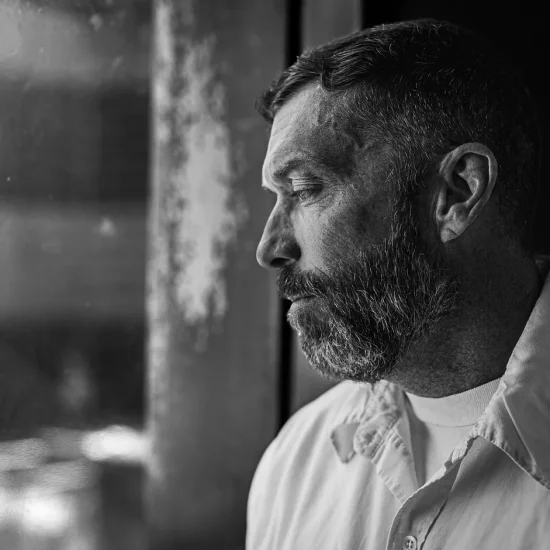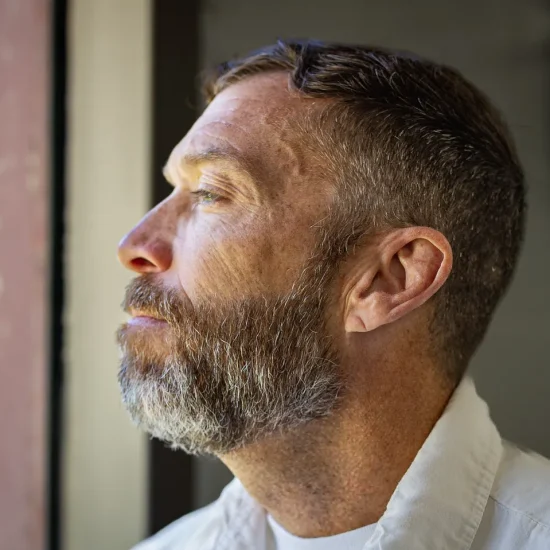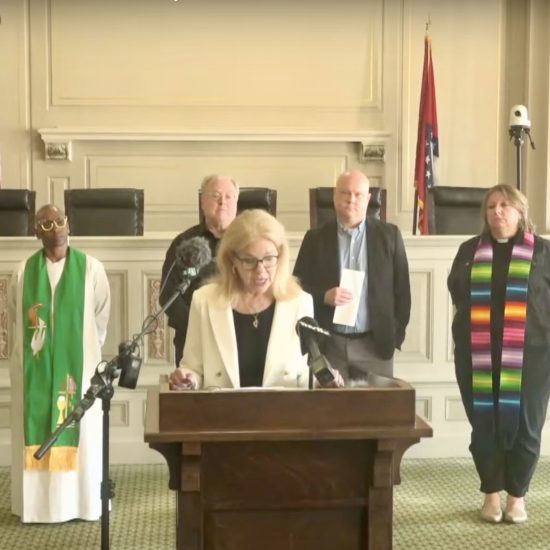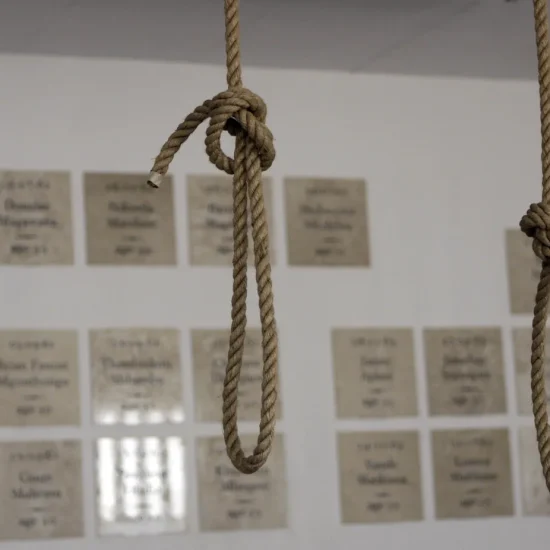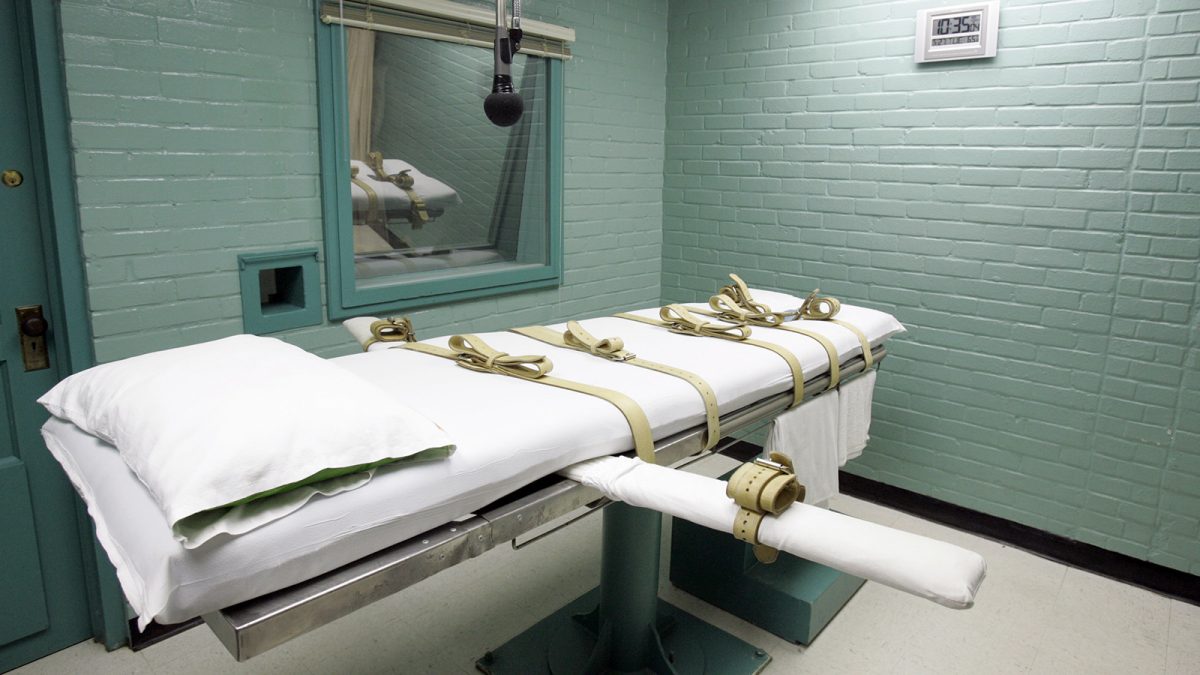
What if I killed a man, everyone knew it, but no one cared?

Brian Kaylor
We all did. And we can’t even be bothered to confront it.
Last week, DNA evidence tested FOUR years after the execution of a Black man in Arkansas suggests the state killed an innocent man. And that news hardly ripples in the headlines.
In April 2017, Arkansas, on behalf of its citizens and in the name of justice, killed Ledell Lee for the 1993 murder of Debra Reese. Recent testing of DNA found on the club used to kill Reese showed it belonged to an unknown male (meaning it did not belong to Lee).
And it gets worse.
One of Lee’s lawyers showed up in court intoxicated. The judge presiding over the case was having a secret affair with the assistant prosecutor trying the case, and the state refused requests by the defense to test the DNA evidence before the execution. Fingerprints from the scene that don’t match Lee still haven’t been run by Arkansas into its database.
Throughout his trial, incarceration, and right up until his execution, Lee maintained his innocence.
Amid a flurry of last-minute appeals over the legality of the drugs Arkansas planned to use on Lee for the state’s first execution in over a decade, the U.S. Supreme Court gave its stamp of approval on a 5-4 vote. The fifth vote to kill Lee was the very first vote by new Justice Neil Gorsuch — appointed to the high court as a supposedly “pro-life” judge after Senate Republicans refused to even consider a nominee by President Barack Obama.
A likely-innocent Black man not given a fair trial? We have a word for such a system of “justice.” Lynching.

(Pat Sullivan/Associated Press)
That shouldn’t surprise us since the capital punishment system in the U.S. has been compared in studies to lynchings. Not only do we see racial biases in executions today, but the maps of where lynchings occurred and where the modern death penalty is practiced overlap quite closely. Our system of capital punishment is a successor to the decades of racial terror.
And like so many lynchings that occurred decades ago in our communities, we seem to want to pretend that the 2017 one in Arkansas didn’t happen.
Arkansas Gov. Asa Hutchinson, a Southern Baptist, shrugged at the revelation from the DNA test as he attempted to defend himself. In his telling, he had no choice but to “carry out the decision of the jury” made “based upon the information that they had.”
Just following orders. (That excuse misses the fact he could’ve prevented the execution like he did for another condemned man.)
Of course, Hutchinson sounded a different note four years ago, as his spokesman said after the killing of Lee: “The governor knows the right thing was done tonight. Justice was carried out.”
But Hutchinson can’t claim he didn’t know better. He was warned.
Back in 2017, the governor planned a killing spree with executions of eight men in 11 days (they only got around to four, with one of the executions prevented due to DNA evidence). On Good Friday that year, the New Millennium Church in Little Rock held a vigil outside the Governor’s Mansion. During the ceremony, Pastor Wendell Griffen was strapped to a cot to reenact the crucifixion as if Jesus was killed by state-ordered lethal injection.
The move quickly sparked political controversy since Griffen, as a circuit court judge, had earlier that day issued an injunction to block Arkansas from using its drugs for the executions. His ruling was overturned, the state’s Supreme Court barred him from hearing capital penalty cases, and state lawmakers unsuccessfully sought to remove him from the bench. Griffen insisted he made that decision as a judge based on the law, and complained that politicians and judges were discriminating against him because of his religious beliefs practiced as a Baptist minister outside the courtroom.
“Our congregation had planned for some time to have a prayer vigil for Good Friday in front of the Governor’s Mansion because Jesus was crucified, or was condemned to death, by the Roman Governor Pontius Pilate,” Griffen told me at the time. “And we thought it would be solidarity with Jesus to have our prayer vigil in front of the Arkansas Governor’s Mansion.”
And while he explained that his religious beliefs didn’t impact the ruling that was based on Arkansas property law, he explained in that 2017 interview why he as a pastor found the death penalty morally problematic.
“It makes no moral sense to condemn the cold-blooded killing of another person and to say that it is somehow morally justified to demonstrate that condemnation by cold-bloodedly killing the cold-blooded killer,” Griffen explained. “This is the only situation in our law where we basically legitimate bloodlust and designate state agents to act in the name of bloodlust and call that justice.”
“We have another name for it in morality; it’s called vengeance. And according to scripture, vengeance does not belong to any of us. Only God has the right to enact vengeance,” he added. “And I think as followers of Jesus, we do ourselves and the religion of Jesus an extreme disservice when we gloss over these very serious theological problems.”
I’m thinking of that moment. That Good Friday just before the state killing spree in Arkansas.
Did the governor look out his window and see a fellow Baptist warning against calling murder an act of “justice”? Did the White governor see that Black preacher strapped to a cot and think of Jesus hanging on the cross? Did the governor notice his own reflection in the window and see the face of Pilate?
Apparently not. He marched ahead with the executions, starting with Lee. And rather than allowing the new DNA evidence to convict his conscience, he now shrugs at truth like that Roman governor from 2,000 years ago.
And we the people join the mob of the ages in caring not about the lynching of yet another innocent man.
Brian Kaylor is president & editor-in-chief of Word&Way. Follow him on Twitter: @BrianKaylor.


